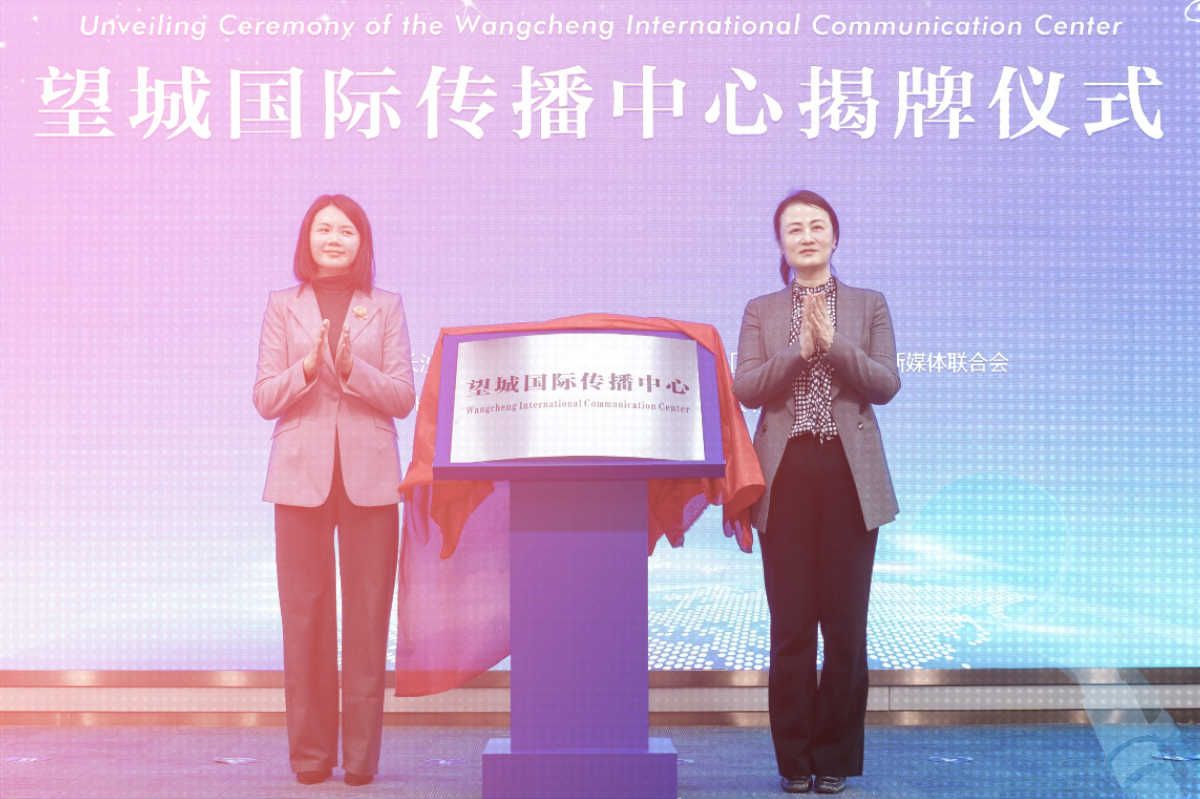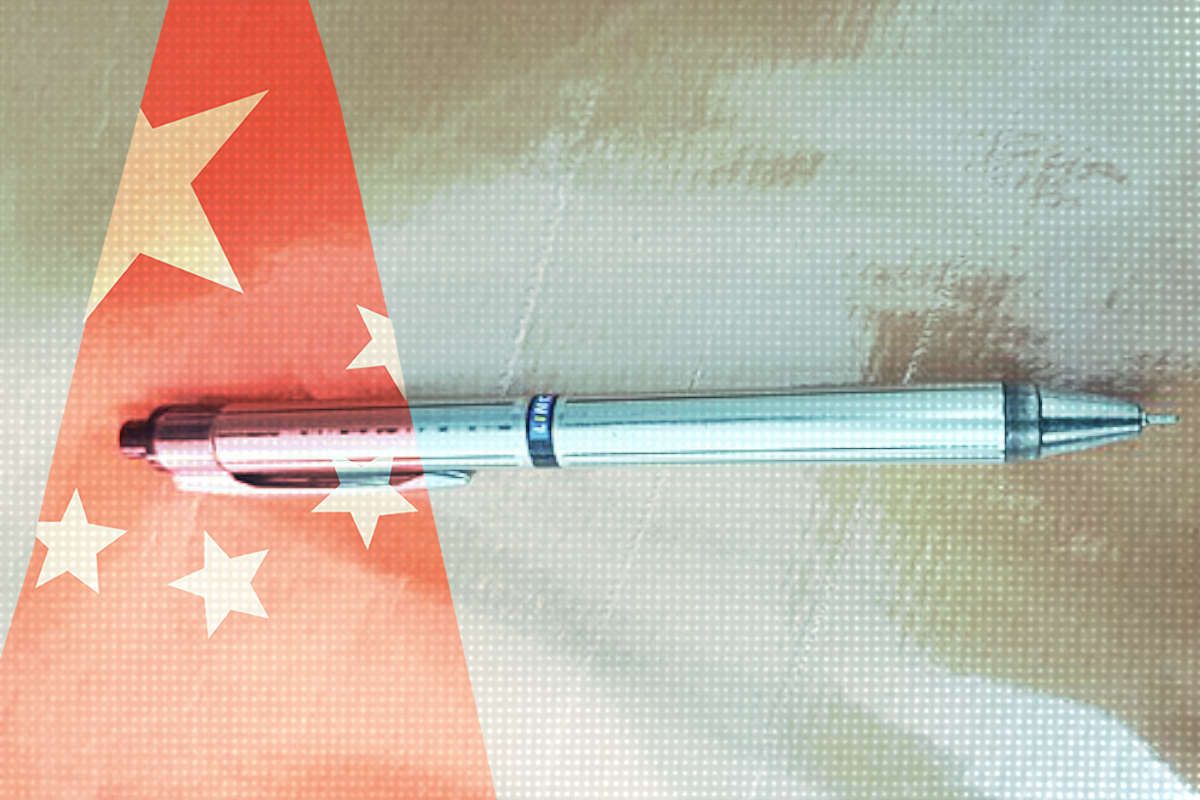Headlines and Hashtags
ISC required members to "actively" promote Green Dam last January
By David Bandurski — Most news coverage so far of China’s “Green Dam” censorware controversy has dialed the timeline as far back as April 8, 2009. It was on that day that four government departments, including the Ministry of Education, ordered that computers at all primary schools across the country be installed with the so-called “Green Dam – Youth Escort” software to protect China’s youth from harmful content. [Frontpage photo by “Prescott” available at Flickr.com under Creative Commons license.]
The controversy over “Green Dam” may have blown up in just the last week, but coverage of the software itself can in fact be traced back months earlier, to a piece appearing in Guangdong’s Southern Metropolis Daily on January 14, 2009. Though the “Green Dam” software is not the focus of the news report, the story does raise some interesting questions about how the software was conceived and promoted.
The Southern Metropolis Daily article, run on page A32 that day, deals with a January 2009 government campaign against so-called indecent Web columns and content.
By all accounts, the campaign was an aggressive one, resulting in the shutdown and purging of many Web columns and chat forums. But the chief driver behind that campaign was not, in fact, the government — not directly, anyway.
While the government was most certainly calling the shots, the ostensibly non-government Internet Society of China (ISC) was actually wielding the truncheon, beating down Web offerings that were “indecent” or otherwise illegal (Read also: politically and/or socially sensitive).
As I noted in the Far Eastern Economic Review a year and a half ago, organizations like the ISC are now strange animals operating as proxy arms of China’s information control structure. On the surface, they are “civic organizations,” stacked with “voluntary” members like Microsoft, Nokia, Ericsson and others. Behind the scenes — as can only be expected — government officials are pushing larger agendas.
In the December 2007 FEER report, I focused on the Beijing Association of Online Media (BAOM) and its team of content violation informants.
Despite its public face as a professional association with “voluntary” membership from leading Internet companies (including Microsoft China, Baidu, Sina, Sohu, Alibaba, Bokee, Siemens Communication Networks Beijing), ISC clearly (like BAOM) has an enforcement arm too. It is called the Illegal and Indecent Internet Information Informing Center (违法和不良信息举报中心), and Websites took its orders very seriously back in January.
Southern Metropolis Daily wrote:
This reporter noticed that after [the release of] the Informing Center’s report [on content violations], the vast majority of sites shut down whatever was highlighted [by the Informing Center], and they responded quickly. Just like the Cat898 Forum (凯迪社区), for example, Kugou.com closed down its Dong Zhang Xi Wang (东张西望) section, which had been accused of running many vulgar images, at the first available moment yesterday.
This special campaign is no longer limited to those sites named [by the Informing Center]. Many sites not singled out have begun on their own to clean up [their content] and raise the bar on Web postings.
Further down in the article, the “Green Dam – Youth Escort” software emerges, months before its shameful international debut.
Interestingly, the software is mentioned as part of the ISC-led campaign against “vulgar” content. Here is that portion, which is set off with a subtitle that reads: “A green web-surfing software program bought with a pricetag of 41.7 million yuan.”
Aside from exposing [a list of] sites that contain vulgar content, and shutting down illegal and violating websites, the promotion of a green web-surfing software program has also become an important part of this special clean-up campaign.
The Internet Society of China released an urgent notice yesterday demanding that member companies “organize and carry out Internet clean-up campaign work for self-discipline against vulgar content.” That notice says that aside from implementing rigorous self-checks on Website content and cutting off the transmission of vulgar content at its source, [companies] must also take effective preventive measures from client-side computers (从电脑终端上有效防范).
The notice in particular introduced a software program called “Green Dam – Youth Escort”, and ordered that “the Websites of member companies actively provide free downloads and upgrades of this software, or build links with official websites for this software.” This means that most well-trafficked Websites in China, including a few publicly-listed portal sites, will be required to provide downloads of this software.
The January ISC notice plugging “Green Dam” is real. It took a bit of work to dig it out of the Chinese side of the ISC Website, which does not offer a search function, but it is right there where Southern Metropolis Daily said it would be, on January 13, 2009.
[ABOVE: Screenshot of January 13, 2009, notice from the Internet Society of China ordering all members to promote the “Green Dam” software.]
Such an order from the Internet Society of China poses some very troubling questions, particularly now as we are hearing about the alleged use in the “Green Dam” software of proprietary data from a U.S. company.
Information Week wrote yesterday that the IP issue with “Green Dam” could pose legal problems for manufacturers complying with China’s order that the software be installed in all computers.
But what are the possible legal implications for foreign companies and, say, Nasdaq-listed companies who, as a condition of doing business in China, are ISC members and are ordered by this quasi-government “professional association” to promote and even offer downloads of this problematic software?
This just keeps getting messier and messier.
Any professional association in China has to have a government chaperone, or “unit in charge” (业务主管单位). And as long as we are connecting the dots here, it might interest readers to know which government agency is backing up the Internet Society of China.
That’s right, folks. It is the Ministry of Industry and Information Technology (工业和信息化部), the government agency that started this whole mess in the first place.
[Posted by David Bandurski, June 16, 2009, 3:37pm HK]





















